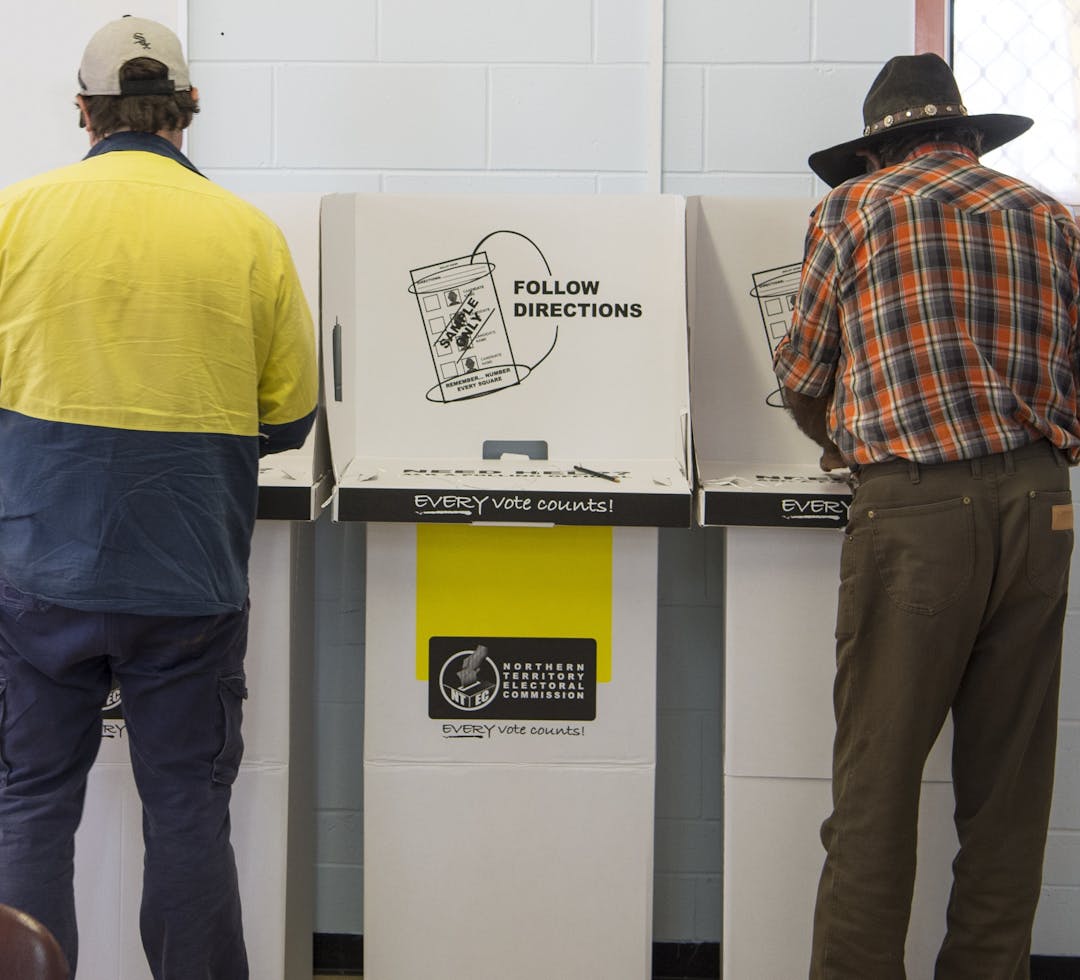Electoral Reform
Share Electoral Reform on Facebook
Share Electoral Reform on Twitter
Share Electoral Reform on Linkedin
Email Electoral Reform link
Consultation has concluded

Electoral reform is a key commitment under the Government’s restoring trust and integrity agenda to improve the openness, accountability and transparency of Government.
A public consultation period of 10 weeks was held to gather feedback about the reforms from Territory voters and electoral reform experts and advocates.
Feedback was sought on six main areas of reform, including: the voting system, electronic voting, enrolment, election canvassing, electoral boundaries and appointment of statutory officers.
You can view the Summary of Consultation Feedback here.
Submissions
The following submissions were received:
- Billy Moir
- Blind Citizens Australia
- Chansey Paech MLA
- Country Liberal Party NT
- Information Commissioner NT
- Katherine - NT ALP
- Northern Rural Branch - NT ALP
- NT Greens
- NTEC - Consultation Discussion Paper
- NTEC - Electronic Voting Information Paper
- Rod Cramer
- Scytl Australia Pty Ltd
- Tangentyere Council Aboriginal Corporation
- Yingiya Mark Guyula MLA